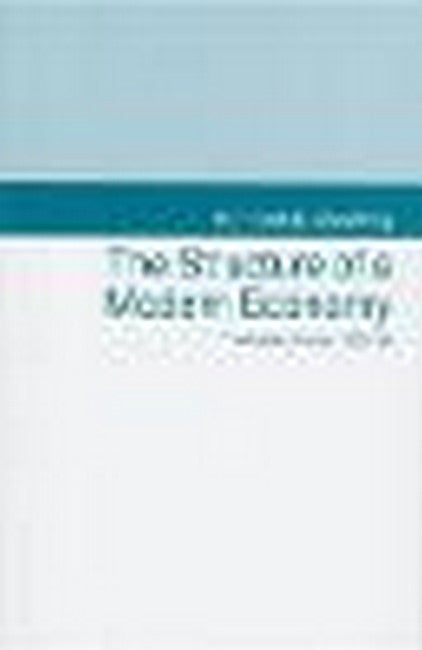Kenneth E. Boulding is Professor at the Institute of Behavioral Science at the University of Colorado.
Request Academic Copy
Please copy the ISBN for submitting review copy form
Description
"A discerning, sober, and troubling probing of the preoccupation within the Methodist Church with Christian nationalism, civilization as defined by white Anglo-Saxon manhood, and race, race consciousness and 'the problem of the Negro' that was foundational to and constitutive of a reunited Methodism. A must read for students of early 20th century America."-Russell E. Richey, Emory University "Davis . . . brings to his study a sophisticated understanding of the nature of race, using his examination of the Methodist tradition to draw larger conclusions about the creation of a white Christian nationalism in early twentieth-century America. -"The Journal of American History", "Draws upon previously neglected primary sources to offer a ground-breaking analysis of the intertwined political, racial, and religious dynamics at work in the institutional merging of three American Methodist denominations in 1939. Davis boldly examines the conflicted ethics behind a dominant American religious culture's justification and preservation of racial segregation in the reformulation of its post-slavery institutional presence in American society. His work provides a much-needed, critical discussion of the racial issues that pervaded American religion and culture in the early twentieth century."-Wendy J. Deichmann Edwards, Academic Dean and Associate Professor of History and Theology, United Theological Seminary, Dayton Ohio "Morris L. Davis has made a major contribution to the literature in this examination of the denominational cultures that resulted in the racial segregation of the Central Jurisdiction of the Methodist Episcopal Church."-"Choice", "The Methodist Unification underscores the immense power that race has held in American, and Methodist, consciousness, and its ability to shape the politics of both church and state." -"Church History",

